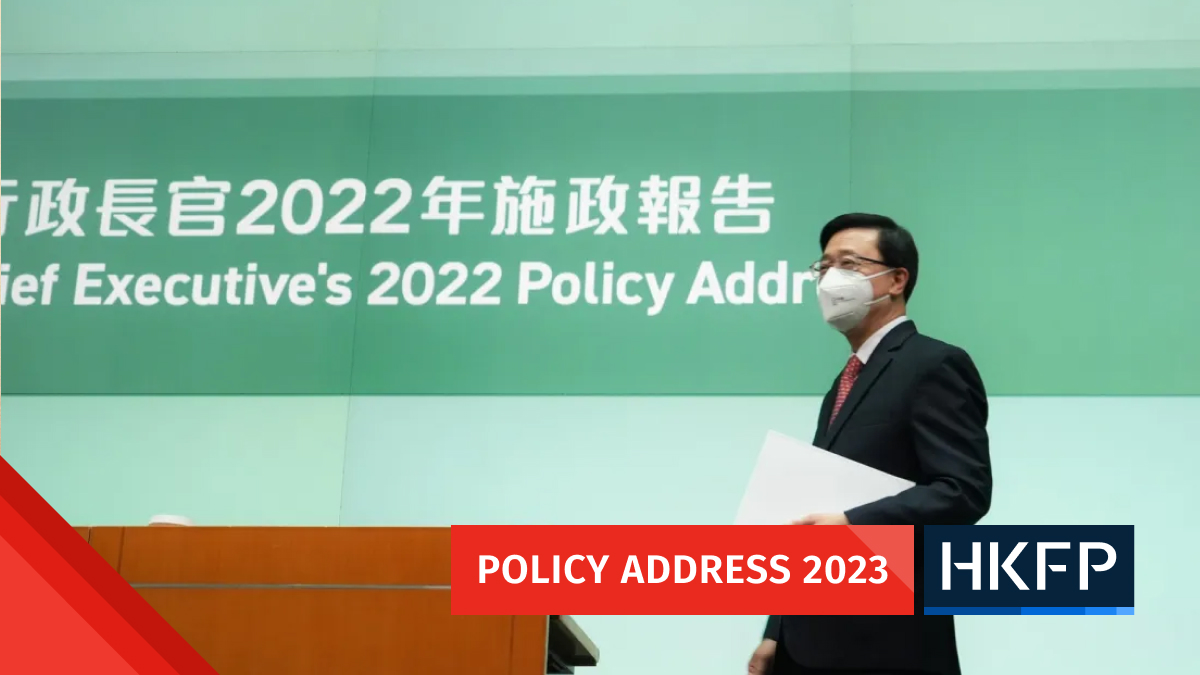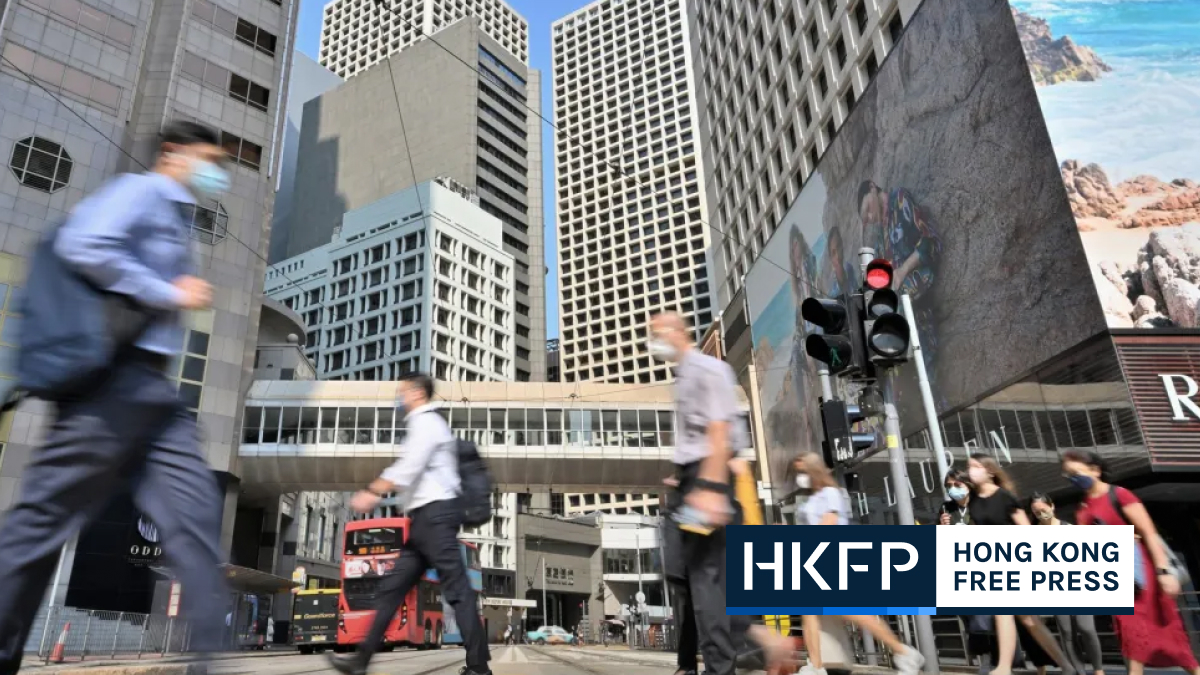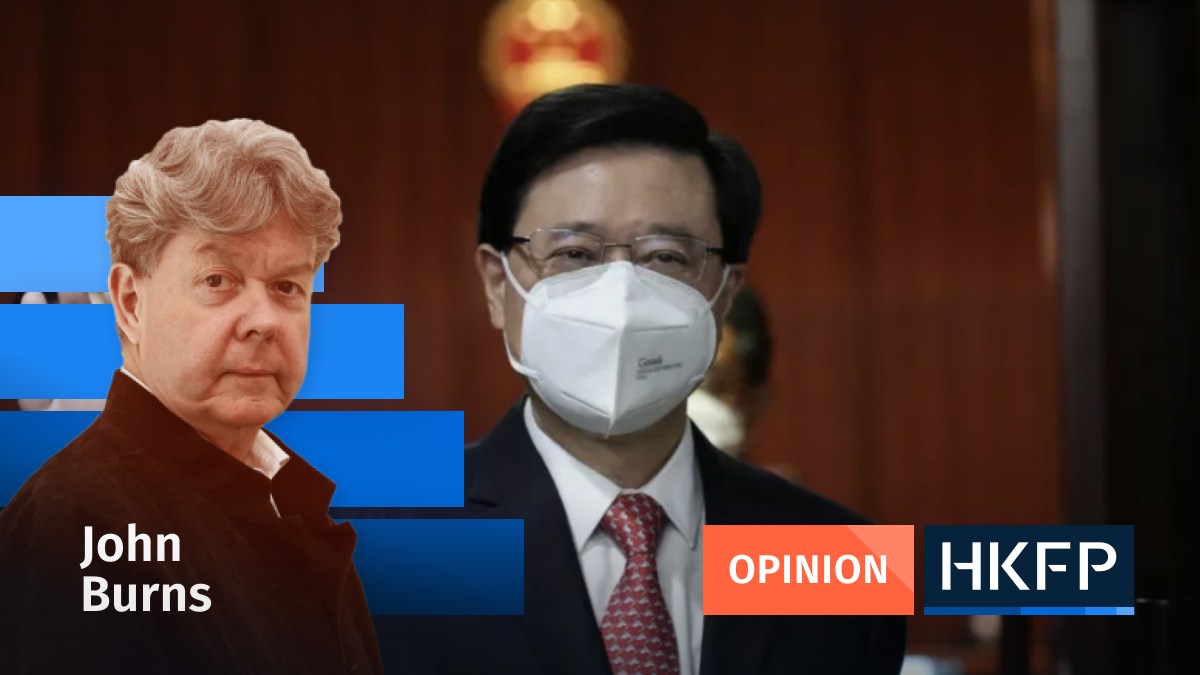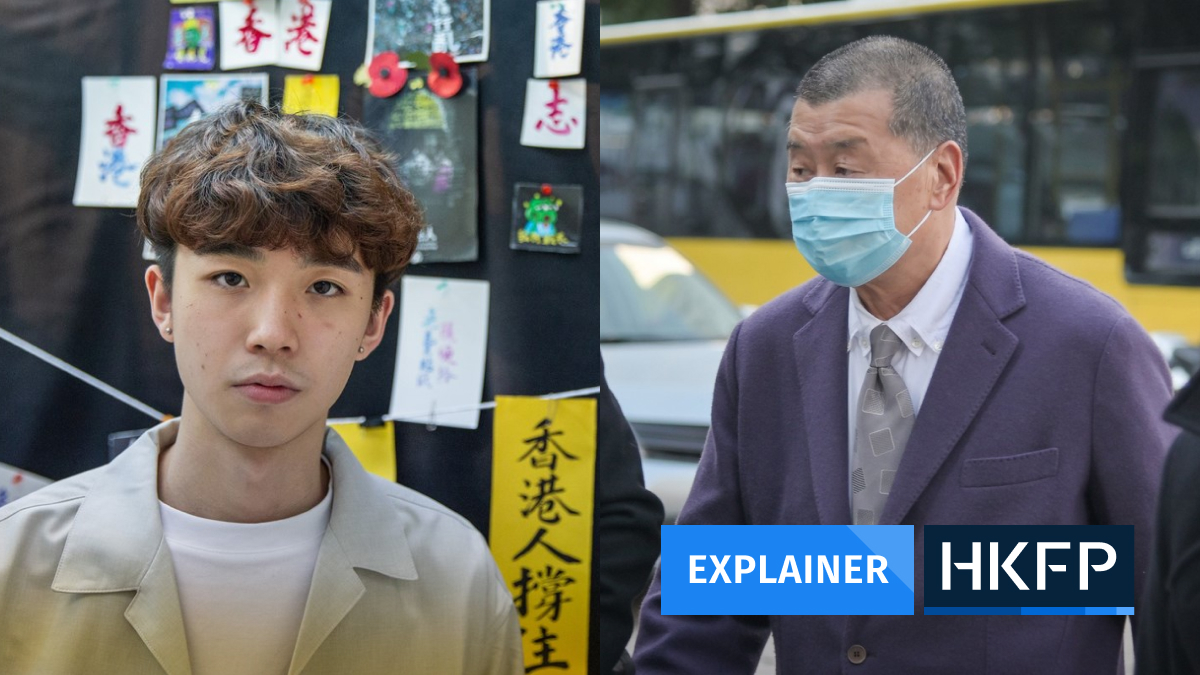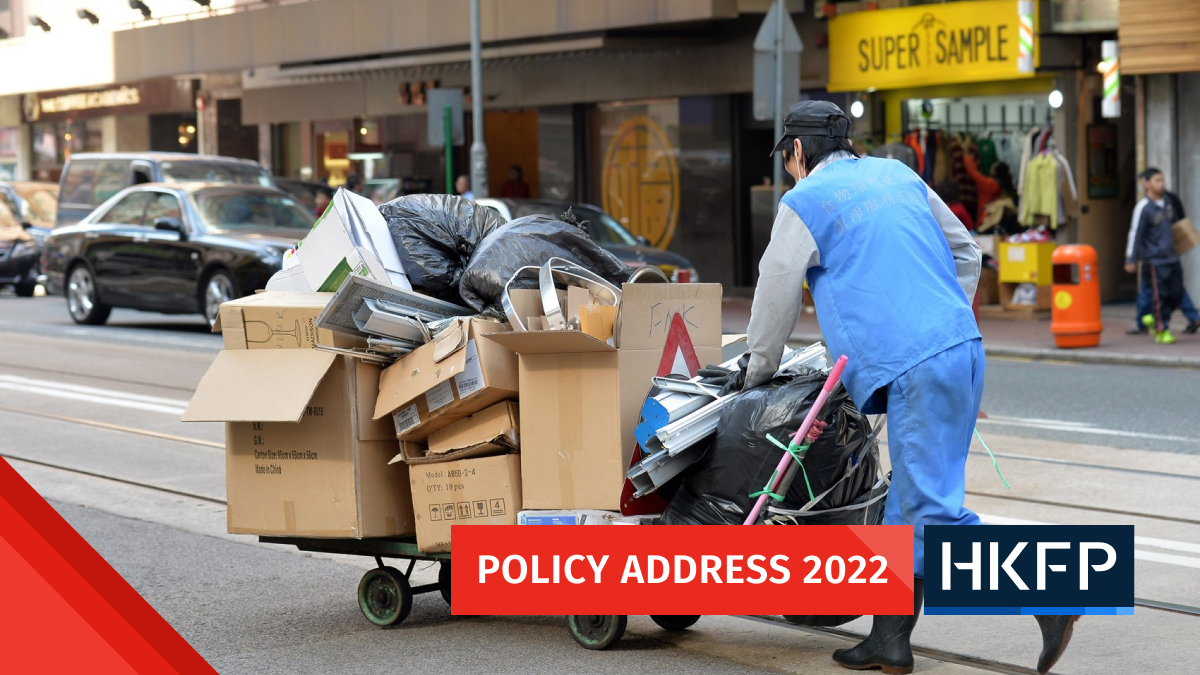The heads of several business chambers in Hong Kong have said they welcome the strategies outlined in Chief Executive John Lee’s first Policy Address, but said that certain issues – including the resumption of travel amid Covid-19, sustainability and attracting talent across a breadth of sectors – were relatively untouched.
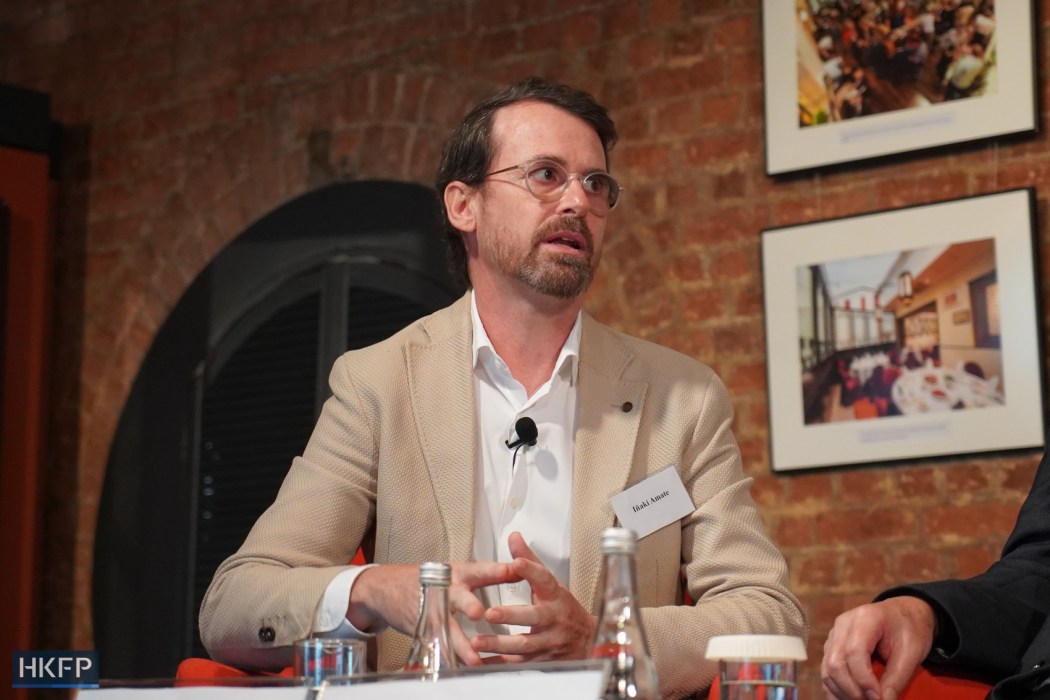
Representatives of western business chambers shared their views of Lee’s annual speech, presented last Wednesday, at a lunchtime panel hosted by the Foreign Correspondents’ Club on Monday: “We wanted to see some policies that would actually help to reactivate travel and tourism… and we haven’t really seen that sufficiently addressed,” said Inaki Amate, the chair of the European Chamber of Commerce in Hong Kong.
Amate said the Policy Address also lacked measures relating to the climate crisis and sustainability, such as increasing the use of electric vehicles and the installation of charging stations.
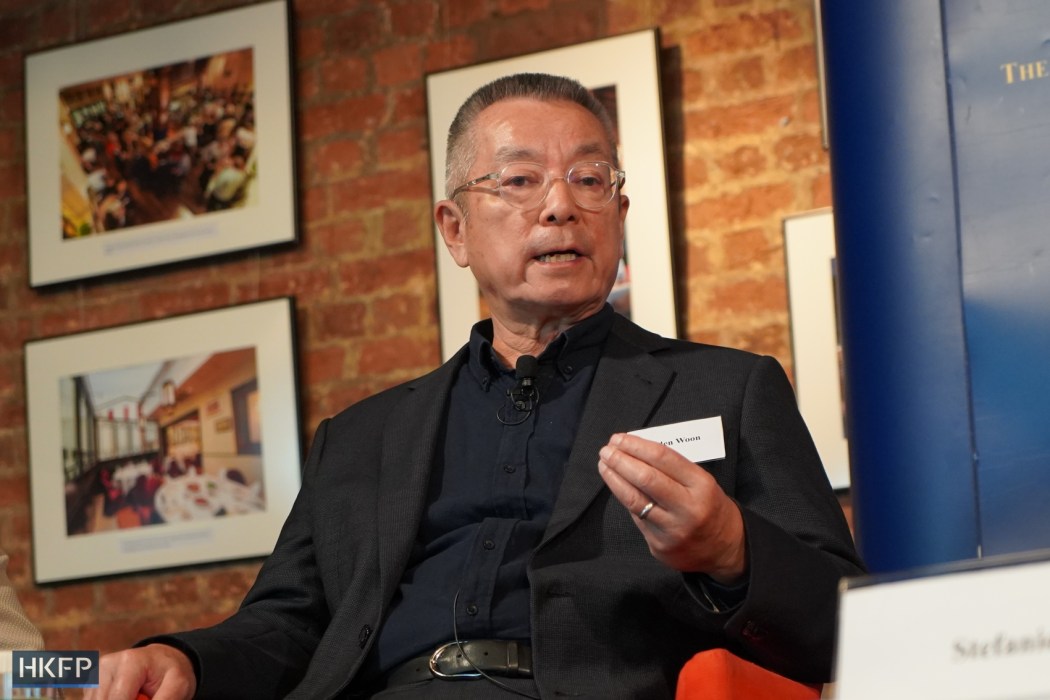
Eden Woon, the president of the American Chamber of Commerce in Hong Kong, said the Policy Address was ambitious and comprehensive, with talent attraction strategies a response to the chamber’s concerns about an outflow of residents. Among the highlights of Lee’s Policy Address was a slew of schemes aimed at drawing individuals and firms to Hong Kong.
But the address should have covered more points on how to boost Hong Kong’s international image and connectivity with the world, Woon added. “We feel this part of bolstering the ‘two systems’ aspect of Hong Kong really needs to be emphasised,” he said, referring to the One Country, Two Systems framework that governs the city.

Lee delivered his inaugural Policy Address on Wednesday, the first since he was appointed in an uncontested race in May. The race followed an electoral overhaul that required candidates to be deemed “patriotic” enough in order to run for leadership positions.
Talent attraction strategies amid an outflow of workers, infrastructure projects, and a transitional housing scheme were among the major proposals of his speech.
‘Not wise for an international city’
The strategies for attracting talent and enterprises to Hong Kong were unveiled amid a population outflow attributed to the city’s strict Covid-19 rules and the political situation.
Among them is a two-year scheme that will allow recent graduates of the world’s top universities to move to the city without first having secured a job offer. The scheme will also be open to individuals earning yearly salaries of upwards of HK$2.5 million.
A new government office will also be established to lure firms to Hong Kong with land and tax incentives. The office hopes to attract “at least 100 innovation and technology enterprises” by 2027, the Policy Address’ annex states.

While the business representatives said they were pleased to see such schemes announced, they added that the government should look beyond attracting individuals and firms from technical sectors.
“A lot of [the Policy Address’s points] seem to be targeting a very specific type of talent. We think Hong Kong requires a lot more than just very expensive senior executives, Amate said. “I think we need to see a set of talent that comes from very different disciplines and sectors that are not well covered in what we’ve seen so far.”
Woon added: “There are many more talented people in many, many different fields… only focusing on technical background is not wise for an international city.”
Also raised in Lee’s Policy Address was the refund of stamp duties that non-permanent resident property buyers have to pay after they have stayed in the city for seven years, the threshold at which they can apply to become permanent residents. Currently, they have to pay an extra 30 per cent in duties.
Under a new scheme, the buyers would be able to have these duties refunded.
Stefanie Evennett, the chief executive of the Australian Chamber of Commerce in Hong Kong, said however that she did not think this scheme was particularly enticing.

‘We don’t think that things like the tax refund for property purchase will make that much of a difference in attracting people to Hong Kong,” she said, adding that the government could have considered revising the number of years needed for one to gain permanent residency.
The city’s Hang Seng stock index plunged by more than six percent to a 13-year low on Monday amid concerns about China’s ongoing commitment to its “Zero Covid” approach. It now stands at its weakest level since 2009, during the global financial crisis.
Policy Address 2022 – full coverage:
Support HKFP | Code of Ethics | Error/typo? | Contact Us | Newsletter | Transparency & Annual Report

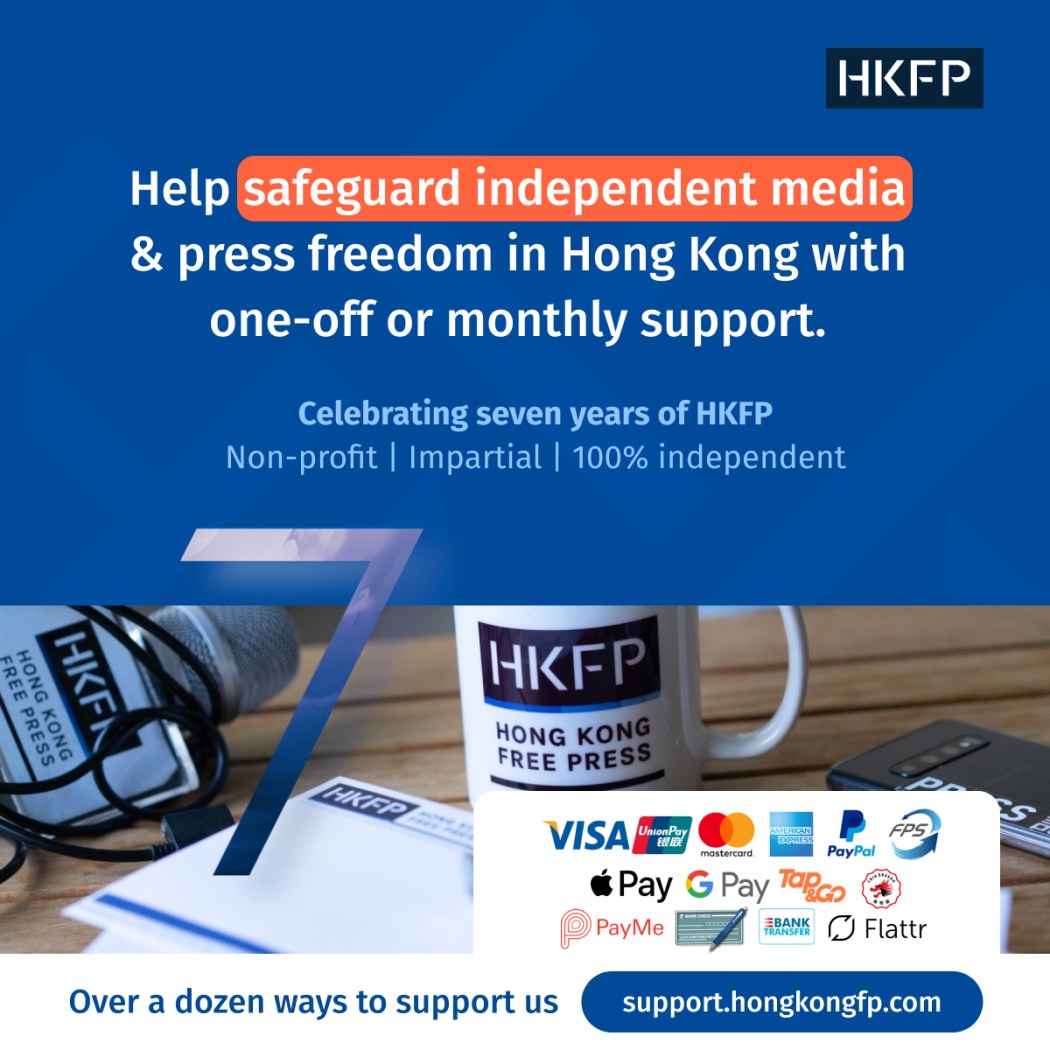
Support press freedom & help us surpass 1,000 monthly Patrons: 100% independent, governed by an ethics code & not-for-profit, Hong Kong Free Press is #PressingOn with impartial, award-winning, frontline coverage.


